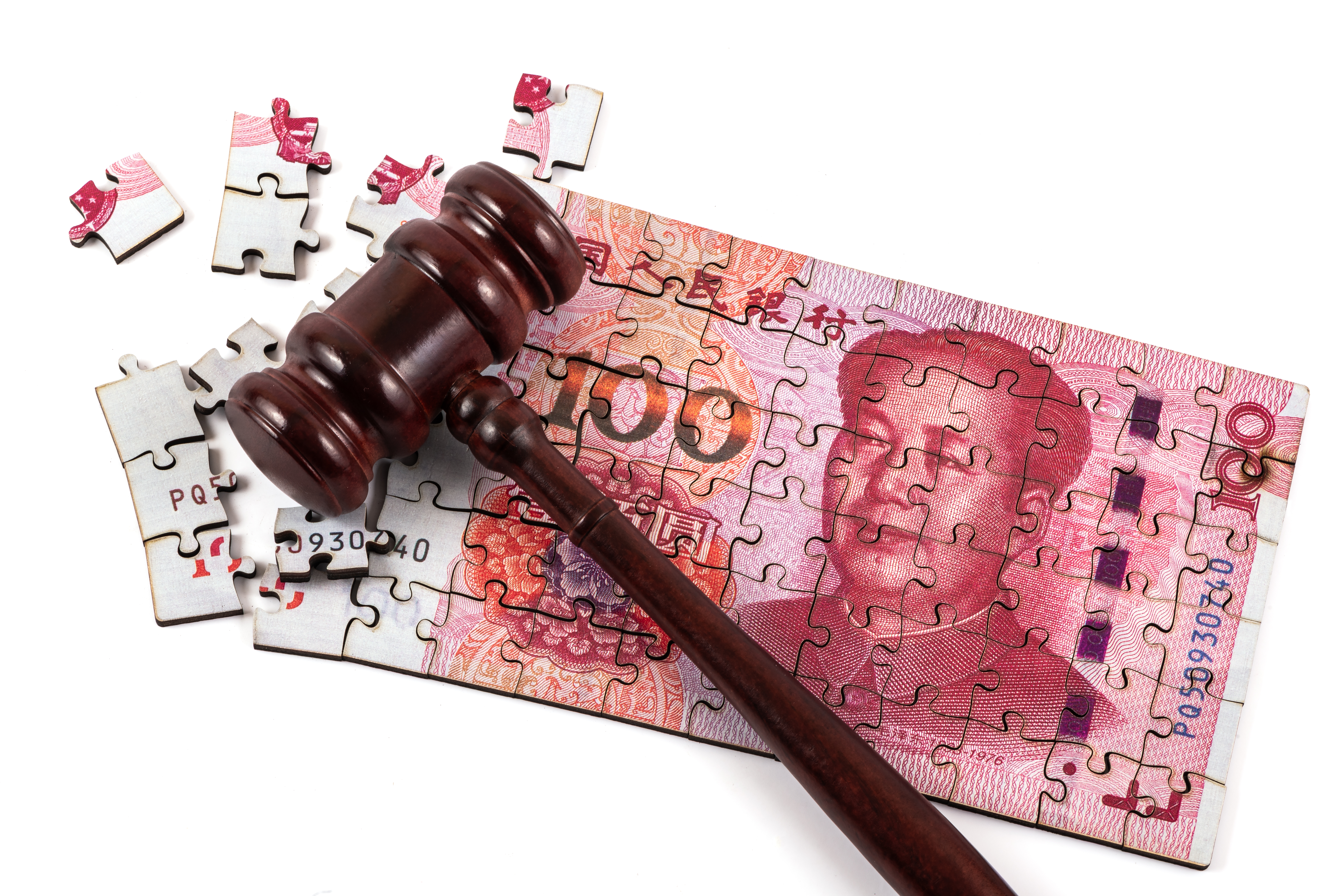
Missouri wins an unprecedented $24.5 billion judgment against China for COVID-19 PPE hoarding, sending shockwaves through international relations as officials prepare to seize Chinese-owned assets on American soil.
At a Glance
- U.S. District Judge Stephen Limbaugh, Jr. has ruled China liable for $24.5 billion in damages for hoarding PPE during the COVID-19 pandemic
- Missouri Attorney General Andrew Bailey plans to collect “every penny” by seizing Chinese-owned assets, including farmland in Missouri
- China did not appear in court, refuses to recognize the ruling, and has warned of potential reciprocal countermeasures
- Legal experts are skeptical about enforcement feasibility, citing complications with international law and diplomatic relations
Historic Judgment Against China
A federal court has handed Missouri a landmark $24.5 billion judgment against China for allegedly hoarding personal protective equipment (PPE) during the COVID-19 pandemic. The ruling, delivered by U.S. District Judge Stephen Limbaugh, Jr., represents the largest judgment in Missouri’s history—six times larger than any previous award. The lawsuit, initially filed in 2020 by former Attorney General Eric Schmitt, accused Chinese entities of violating state and federal anti-monopoly laws through their pandemic response, particularly by stockpiling critical medical supplies while misleading the world about the virus.
Judge Limbaugh’s ruling specifically targeted the Chinese government’s alleged campaign to monopolize global PPE supplies while downplaying the severity of the coronavirus outbreak. The court determined that Missouri suffered substantial financial damage, including over $122 million in additional costs for protective equipment and an estimated $8 billion in lost tax revenue due to pandemic-related disruptions. The defendants named in the lawsuit include various Chinese government bodies and institutions, notably the Communist Party of China and the Wuhan Institute of Virology.
Missouri's attorney general is threatening to seize Chinese assets across the U.S. to collect $24.5 billion awarded in a lawsuit against China stemming from the COVID-19 pandemic.https://t.co/M30UoNPPZE
— KSHB 41 News (@KSHB41) March 11, 2025
Unprecedented Collection Efforts
Missouri Attorney General Andrew Bailey has taken an aggressive stance on collecting the judgment, publicly declaring his intention to seize Chinese-owned assets within the United States. “We intend to collect every penny by seizing Chinese-owned assets, including Missouri farmland,” Bailey stated unequivocally. This approach marks an extraordinary attempt by a state government to directly enforce a judgment against a foreign sovereign power. Bailey has even taken to social media to directly challenge China, tweeting: “Hey China, You owe Missouri $24 BILLION. I just won a judgment in court. Pay up — or we start seizing assets and farmland.”
“This is a landmark victory for Missouri and the United States in the fight to hold China accountable for unleashing COVID-19 on the world” – Missouri Attorney General Andrew Bailey
According to reports, Chinese interests own approximately 44,000 acres of farmland in Missouri, though it remains unclear if the Chinese government directly owns these or other assets in the state. The prospect of seizing such property raises complex questions about international law, property rights, and diplomatic relations. While Bailey has emphasized his determination to pursue all legal avenues for collection, international law experts have expressed significant skepticism about the feasibility of enforcement without federal government intervention.
China’s Response and Legal Complications
China has flatly rejected the ruling’s legitimacy, dismissing the lawsuit as “absurd” and confirming it did not participate in the trial. The Chinese Ministry of Foreign Affairs issued a stern rebuke, calling on the United States to “return to rationality and correct its mistakes” while hinting at possible retaliatory measures. This nonparticipation strategy was likely deliberate, as sovereign nations typically assert immunity from foreign courts under international law principles. The default judgment against China occurred specifically because the defendant chose not to appear or mount a defense.
“China’s campaign to hoard the global supply of PPE was performed in conjunction with its repeated misrepresentations on the existence, and then scope and human-to-human transmissibility of, the COVID-19 virus” – Missouri District Judge Stephen Limbaugh, Jr.
Legal experts have highlighted the exceptional challenges in enforcing such a judgment against a foreign power. Paul Nolette, chair of political science at Marquette University, bluntly assessed the collection prospects with just two words: “Good luck with that.” Similarly, former federal prosecutor Duncan Levin predicted the enforcement effort would “fall apart in the details once they get into a courtroom.” These skeptical assessments reflect the significant obstacles that exist when attempting to force a sovereign nation to comply with a judgment from another country’s domestic court system.
Broader Implications
Despite the enforcement uncertainties, this ruling represents a significant symbolic victory for those seeking accountability for China’s early pandemic response. The case may establish a precedent for other states or entities to pursue similar claims, potentially opening a new front in holding foreign governments responsible for global health crises. The judgment also highlights growing tensions between China and the United States across multiple fronts, from trade disputes to geopolitical competition, with the COVID-19 pandemic serving as yet another flashpoint in increasingly strained relations.
“We ask the United States to return to rationality and correct its mistakes” – China’s Ministry of Foreign Affairs – https://apnews.com/article/china-lawsuit-missouri-covid19-a54fb69ac7cd31e1f70161ffd309bbbc
For ordinary Americans frustrated with rising costs and economic hardship in the pandemic’s aftermath, the ruling taps into a desire for accountability and compensation. However, the practical impact remains questionable. Even if Missouri were to successfully seize some Chinese-owned assets, the amount recovered would likely represent a tiny fraction of the $24.5 billion judgment. Meanwhile, any aggressive enforcement efforts could trigger reciprocal actions against American interests in China, potentially harming U.S. businesses with significant investments in Chinese markets.
Sources:
https://www.foxnews.com/politics/missouri-wins-24-billion-judgment-china-covid-lawsuit
https://apnews.com/article/china-lawsuit-missouri-covid19-a54fb69ac7cd31e1f70161ffd309bbbc






















